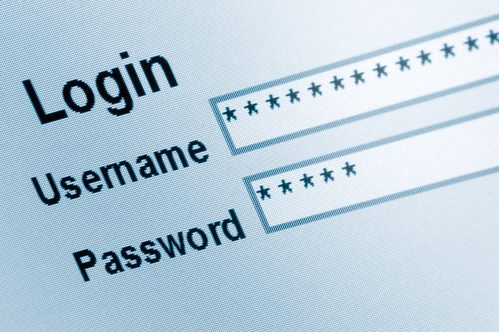When our loved ones pass away, they often leave behind houses, land and finances, or, a physical estate. Since the beginning of the Information Age, they now also leave behind one other type of asset: a digital estate.
A “digital estate” includes any type of electronically-stored information, including electronic information stored on a user’s computer or any other digital device, content uploaded to the Internet, and rights in digital property (definition from AmericanBar.org).
So what happens to all your images, music, files, bitcoin, paypal, email or social media accounts when you die? Is there a way to protect them?
Poor Planning Leads to Inaccessible Info
Let’s start with a story. I knew a lady whose sister suddenly passed away. The family ended up with her sister’s Apple laptop, but no password to get in. Her sister’s whole life was on that laptop: family pictures, recipes, passwords, contracts…everything. The lady took it to the Apple Store, but because of their “policy,” they did not grant them access to the laptop. She was instructed to press a couple of buttons, wiping the laptop clean. The good news? She got a clean, reset Apple laptop.
The bad news? None of her sister’s information was ever restored.
In order to preserve your digital estate, you need a digital estate plan.
How a Digital Estate Plan Protects Your Digital Assets
The Revised Uniform Fiduciary Access to Digital Assets Act (RUFADAA) in Ohio gives executors, agents under powers of attorney, guardians and trustees access to digital assets.
These four types of fiduciaries have the legal authority work on your behalf and the behalf of your digital estate, according to the Ohio State Bar Association.
You can choose your fiduciaries in your estate planning documents or by using online tools, which are specific, customizable settings that service providers are increasingly offering for their accounts (i.e. Facebook’s Legacy Contact setting and Google’s Inactive Account manager).
An attorney can also help you determine how to protect your digital assets. For example, here is a clause we use in a couple of our documents for clients:
“To continue, transfer, terminate, and otherwise have full access and control over all our digital assets in which either of us have a right or interest, including access to any catalogue of electronic communications sent or received and the content of such communications. The Trustee will have authority to obtain access to all digital accounts and their content and to obtain all passwords and access codes and will have authority to access all tangible personal property capable of receiving, storing, processing or sending digital assets. Digital assets include, but are not limited to, all social networking (such as Facebook, LinkedIn, and Twitter), email accounts (such as Google mail), online bank, stock and financial accounts, eBay accounts, PayPal accounts, Web sites, blogs, address books, client lists, pictures, and any other information that exists in digital media.”
In the meantime, keep a list of your passwords in a central location with your more important legal documents (i.e. will, trust, stock certificates, etc…) so that you or a loved one can access them if necessary.
We exist to protect the peace in your life, which means protecting your intangible digital assets as well as everything else. Give us a call today to see how Hughes law can help.
